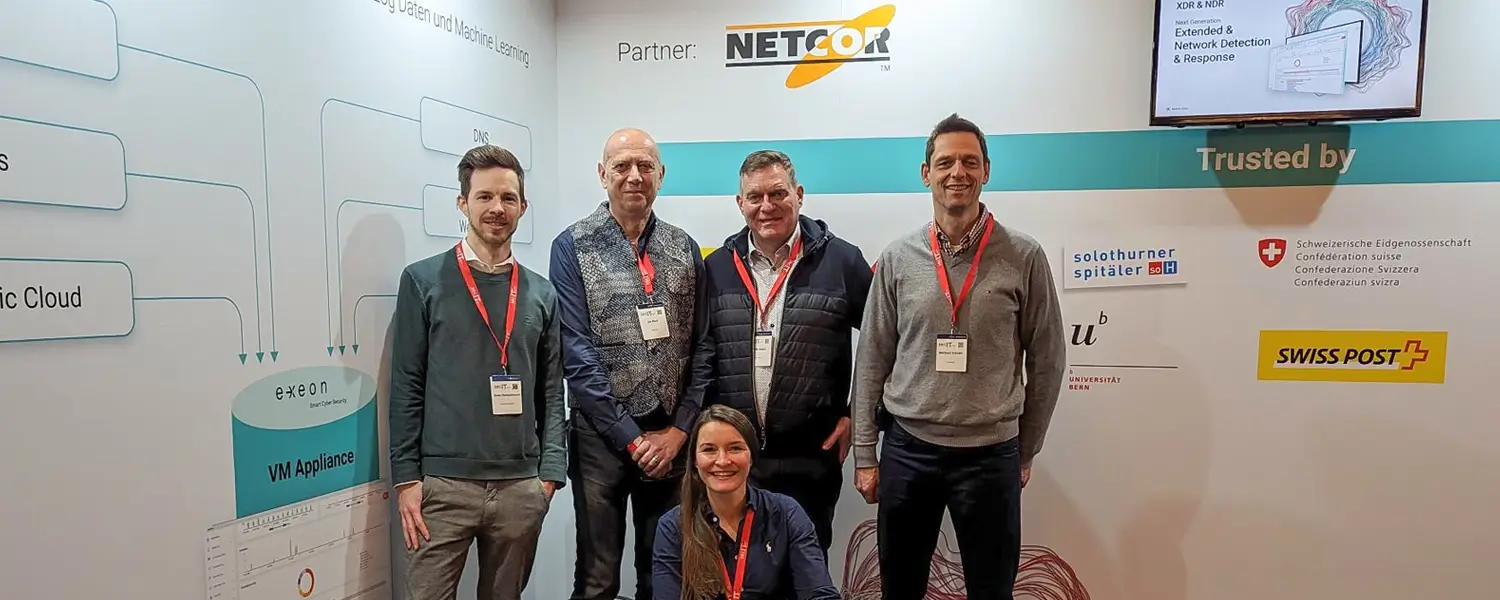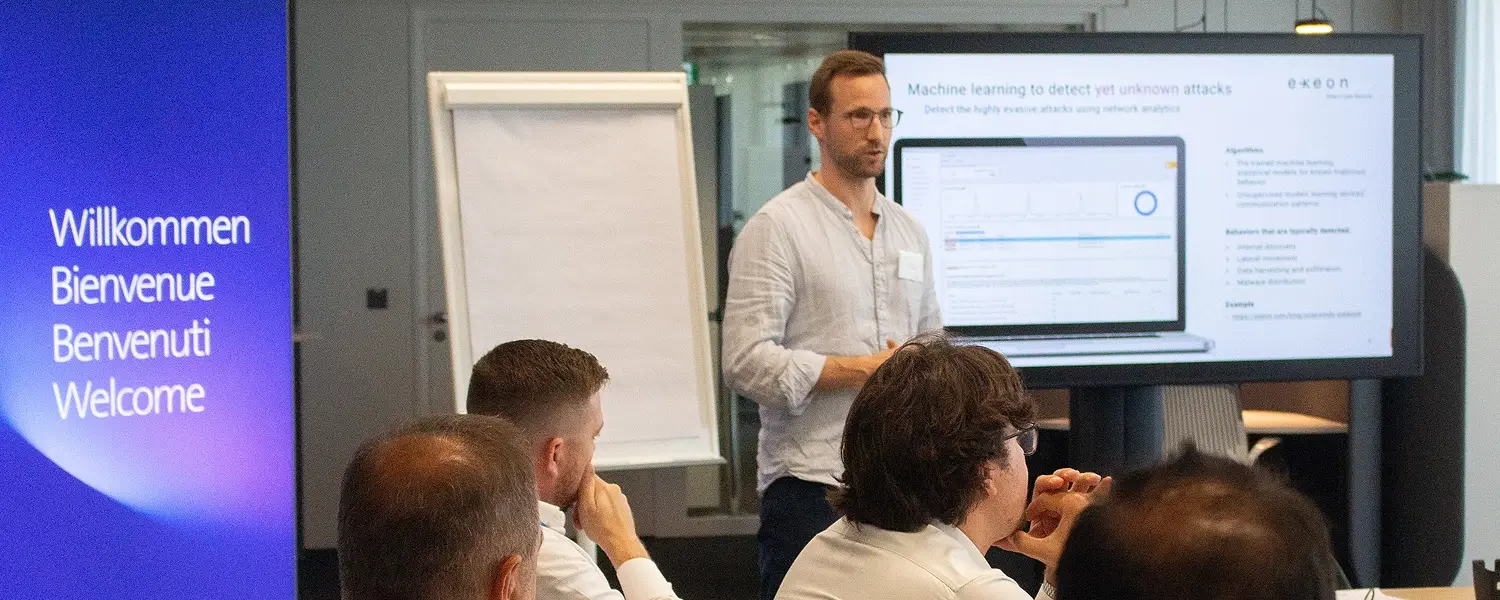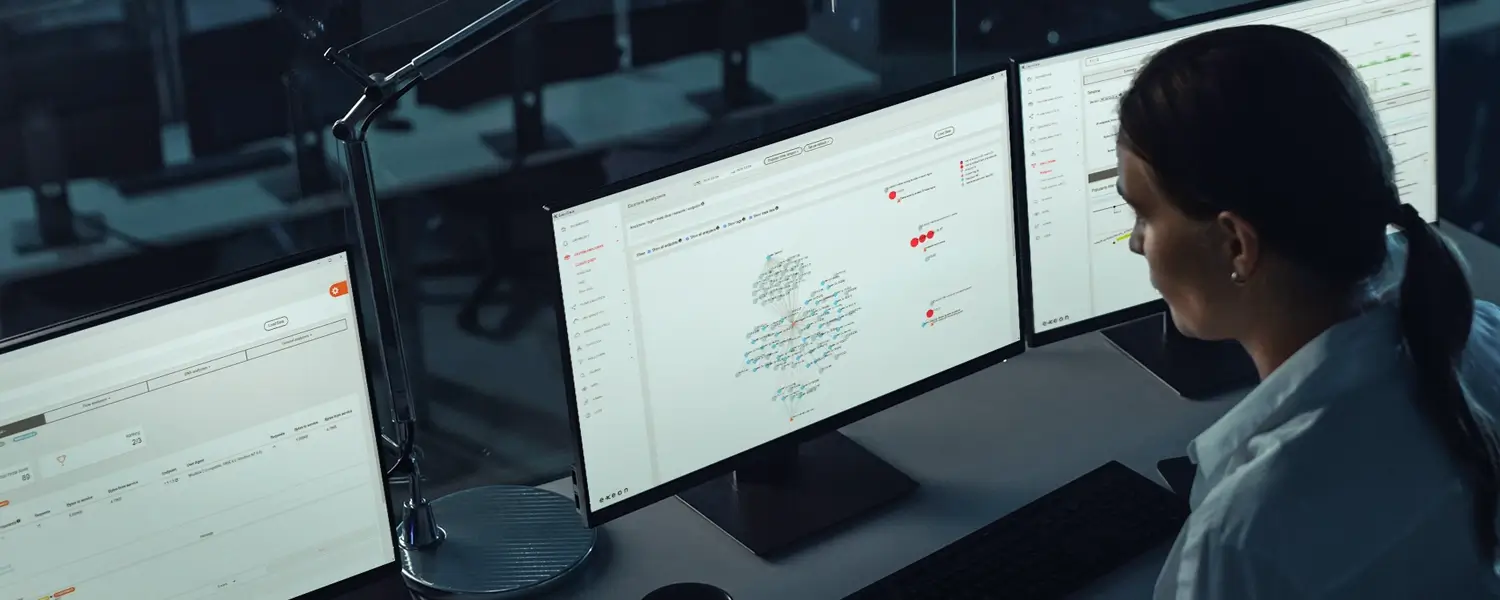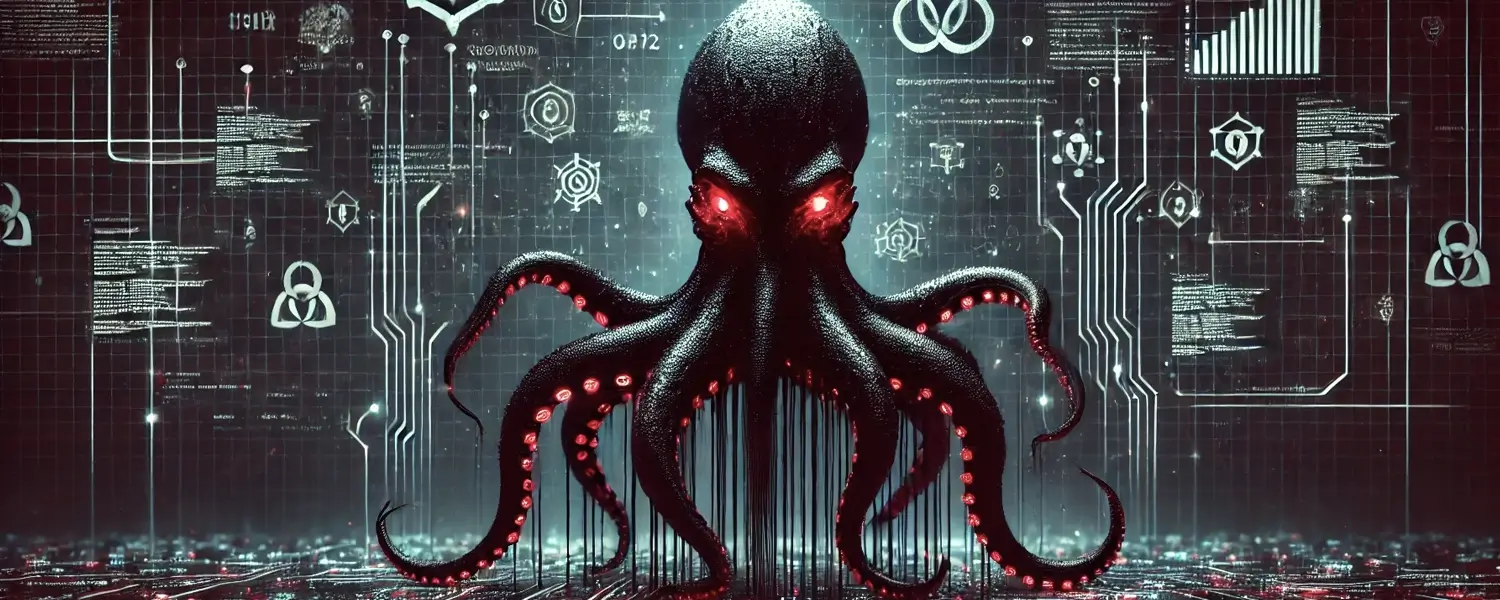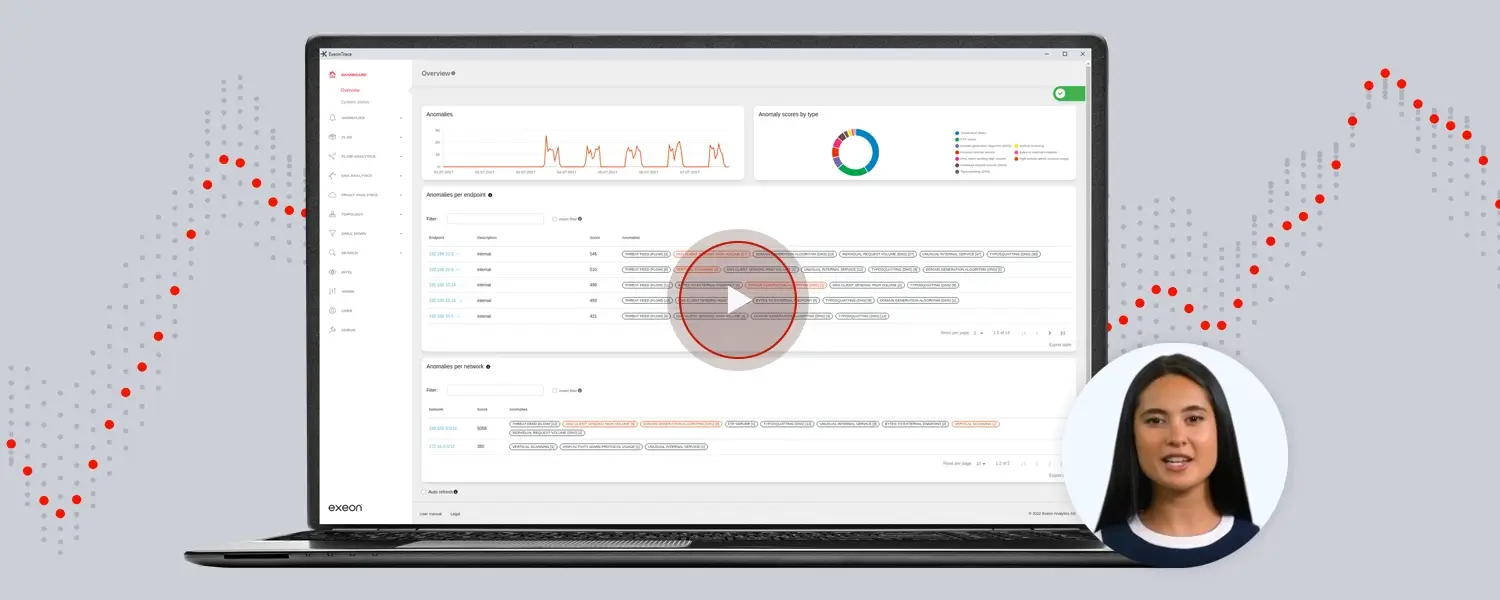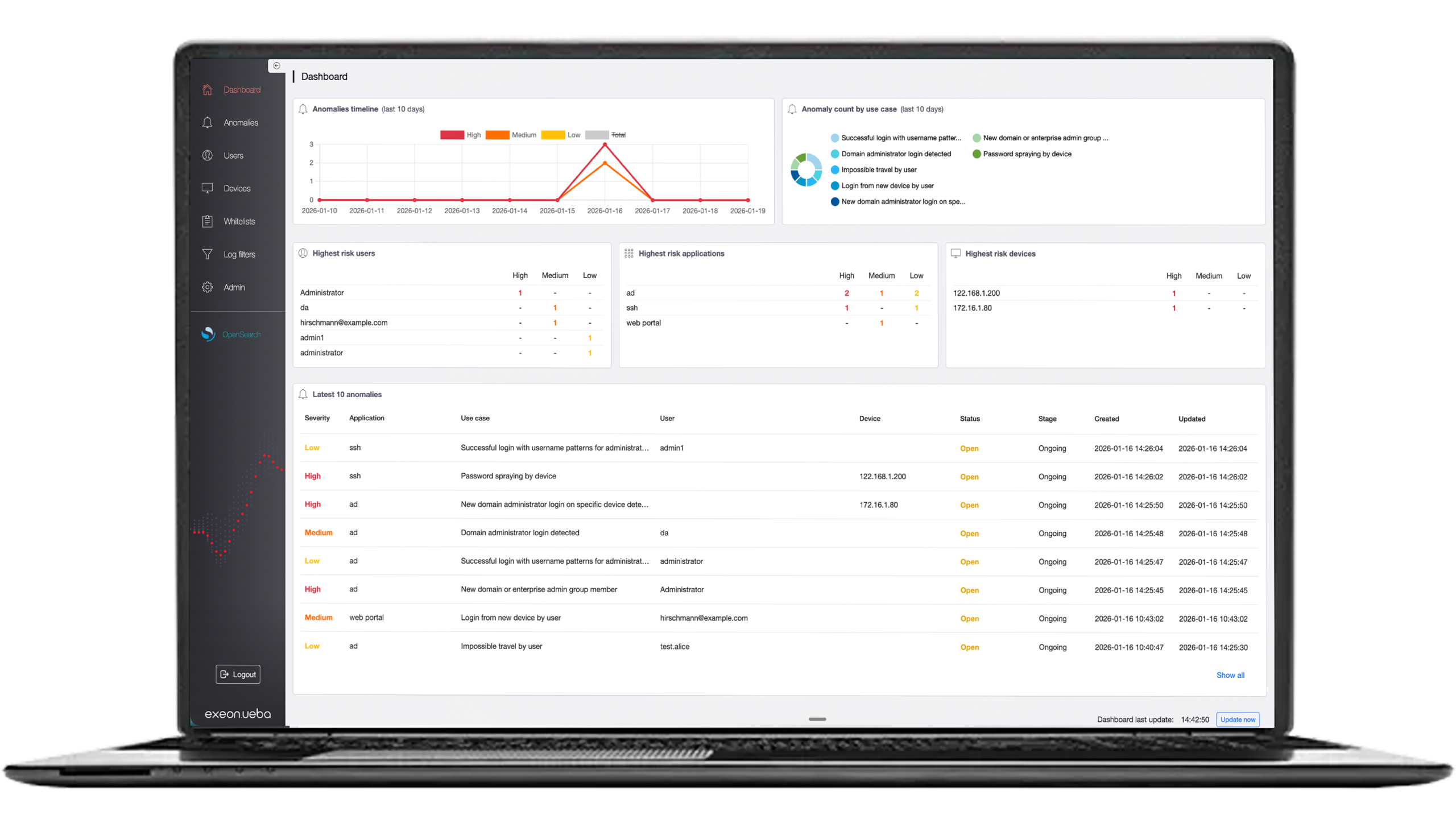Definition
Managed Detection and Response (MDR) is a fully managed, 24/7 cybersecurity service delivered by expert analysts who specialize in detecting and responding to attacks that technology alone cannot prevent. It combines human expertise with advanced protection technologies and machine learning models to detect, investigate, and neutralize sophisticated attacks, preventing data breaches and numerous cyber incidents.
Key features of MDR
- 24/7 expert-led threat monitoring and response
- Proactive threat hunting
- Threat containment to prevent spreading
- Full-scale incident response
- Root cause analysis
- Regular security health checks
- Comprehensive reporting
Why it’s important
MDR is becoming increasingly popular, with Gartner® predicting that by 2025, half of all organizations will be using such services. It addresses several critical cybersecurity challenges:
- Overcoming technology limitations: While security technologies are essential, they cannot stop every attack. It provides the human expertise needed to detect and respond to sophisticated threats that bypass automated defenses.
- Addressing the skills gap: Many organizations struggle to maintain adequately staffed cybersecurity teams. MDR offers a cost-effective way to access expert security professionals without the need for extensive in-house hiring.
- Rapid threat detection and response: It can dramatically reduce the time-to-detect from the typical 277 days to just a few minutes, significantly limiting the impact of security incidents.
- Improved security posture: Through continuous monitoring and optimization, supervised by a trained professional, it helps organizations become more resilient to potential attacks.

Managed security services are expected to grow faster than other security segments, Gartner® reports, but these services are only at their optimal level when utilizing an AI-based Network Detection & Response solution.
Why it pairs so well with NDR
Keeping in mind that Network Detection and Response (NDR) provides the below benefits, its outcome paired with MDR services can lead to a superior security level for organizations:
- Continuous network traffic monitoring
- Behavioral analytics to identify abnormal activities
- East-west (internal) and north-south (external) traffic analysis
- AI and ML-driven threat detection
- Automated or guided threat response
Combining them for comprehensive protection
These 3-lettered strategies are two powerful cybersecurity approaches that, when combined, can significantly enhance an organization’s ability to detect and respond to threats. Here’s how they work together to provide comprehensive protection and an all-encompassing cybersecurity posture. Here’s how these two approaches complement each other:
- Enhanced visibility: NDR provides deep visibility into network traffic, while MDR offers broader coverage across endpoints, cloud environments, and other security tools. Together, they create a holistic view of the organization’s security landscape.
- Layered detection capabilities: Network-focused analytics complemented by endpoint and multi-source threat detection. This layered approach helps catch threats that might slip through a single line of defense.
- Improved threat hunting: MDR analysts can leverage NDR data to conduct more effective threat hunting, identifying stealthy attackers that may have evaded other detection methods.
- Faster incident response: The combination of real-time network insights and expert-led response capabilities enables quicker and more effective incident prevention, containment, and remediation.
- Contextual analysis: By providing network context to security events, analysts can better understand the scope and impact of potential threats.
- Continuous improvement: The insights gained from both can be used to refine security policies, update detection rules, and enhance the organization’s overall security posture.
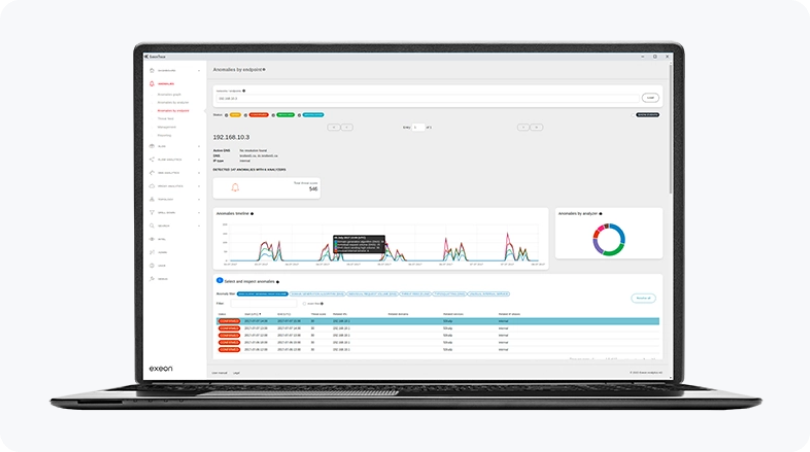
By integrating these two security strategies, organizations can create a powerful, multi-layered defense strategy that combines the strengths of network-based detection with expert human analysis and response. This approach provides comprehensive protection against a wide range of cyber threats, from common malware to complex attacks such as Advanced Persistent Threats (APT).
Selecting an MDR partner
When selecting an MDR provider, look for one that can integrate with your existing security stack, including the NDR solutions you may have in place. This integration will ensure you get the maximum from both technologies, enhancing your overall cybersecurity standing and reducing the risk of costly cyber incidents.
If you do not yet have a network monitoring tool in place, Exeon.NDR, the Swiss-made, award-winning tool, shows superior detection and response capabilities due to its AI algorithms and metadata analysis that are the result of 10 years of research at ETH Zurich, one of the world’s leading universities.
In fact, Exeon.NDR relies on lightweight traffic metadata for its analysis and does not require expensive traffic mirroring for data collection or decrypting packets to analyze traffic. It leverages your existing IT, cloud, and OT infrastructure to collect the traffic metadata for the analysis, hence why it’s sensor-free and so easy to deploy.
